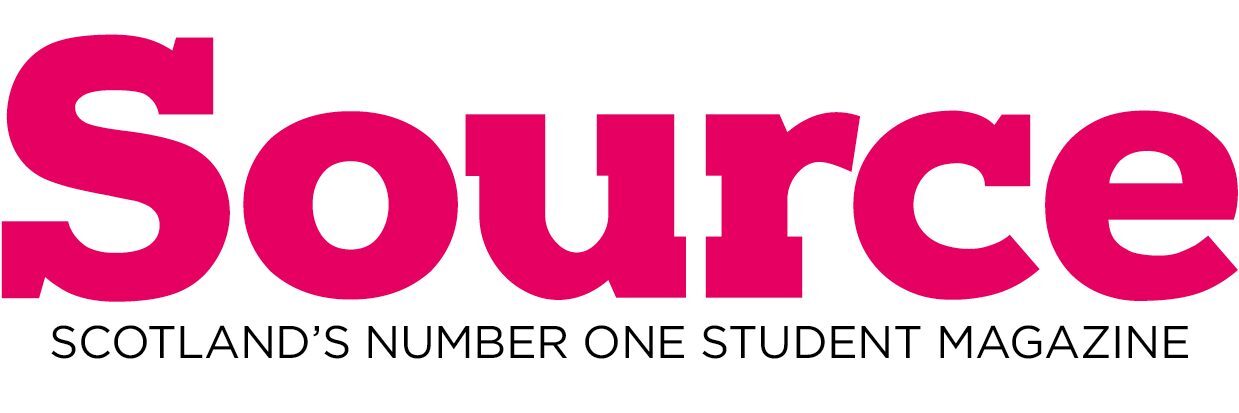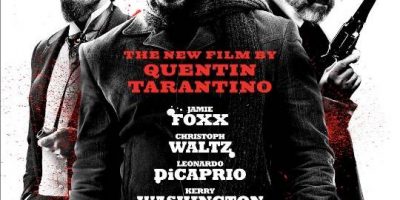Denounced in some quarters as the blood spattered corpse of Hollywood’s adherence to the social contract, lauded in others as a daring attempt to dragoon America’s legacy of slavery back to the public sphere; Quentin Tarantino’s Western epic has proven every bit as provocative as any of his previous projects.
However, stripped of the usual Tarantinoesque (yes that is in the dictionary) idiosyncrasies, Django Unchained would be a fairly unoriginal if exemplary Revenge Western. The plot is your run-of-the-mill ‘bounty hunter goes for one last big score and instead rediscovers humanity in the companionship of an outsider’ similar on the surface to the likes of Davy Crockett and True Grit but endowed with the inimitable dialogue, look and sound of Reservoir Dogs, Pulp Fiction, Kill Bill and Inglourious Basterds.
The characters, played with aplomb by many of the usual Tarantino stalwarts, joined by such superstars as Jamie Foxx and Leonardo DiCaprio, range from the verbose, chatty psychopath to…well that about covers it. Christoph Waltz as the pontificating, unnervingly cheerful dentist-turned-vigilante Dr King Schultz acts the majority of his prodigious co-stars off the screen, although Samuel L Jackson brings a sinister comic brilliance to his villainous Uncle Tom.
It is nonetheless a brilliant ensemble performance, as it always has to be when a director leans so heavily on his actors’ ability. The consistent verbal gymnastics aside, Tarantino’s penchant for long, extreme close-ups of implausibly intense situations could only be done justice by the best of the best and DiCaprio’s climactic showdown with Waltz oozes molten charisma.
The constant cycle of suspense and climax is elevated further by the quite brilliant soundtrack; Tarantino’s first use of original music is a mixture of the classic acoustic Western score (and features Ennio Morricone, who wrote the score to The Good the Bad and the Ugly) and R&B (in the old fashioned sense) which turns a couple of guys on horseback meandering along a road into the most stirring, uplifting moments.
The violence is too splatteringly unrealistic for anybody who has seen an action film before (not least a Tarantino) to be offended, but the cartoonish spurts of blood detract from the catharsis the director frequently used to defend the slaughter; overkill, one might say (terrible pun alert)…
Tarantino also got it wrong in terms of the message. While his previous films barely hint at an ideology beyond reflexive mockery of the quirks of cinema and, occasionally humanity, Django hints at criticism of American society’s failure to atone for the atrocities carried out before the emancipation of the slaves but not in any coherent or enduring way, and in the end his most well-formed critique of racism in society is a scene depicting an inept KKK branch having a wardrobe malfunction, displaying clearly that his gift lies more in dark satire than any serious attempt at political allegory.
This shortcoming makes Tarantino’s boasts about the film as a game-changer on slavery and a “rite of passage” for young black people seem slightly silly but should not detract from the enjoyment of an extremely high-calibre Western thriller.
[rating=4]

